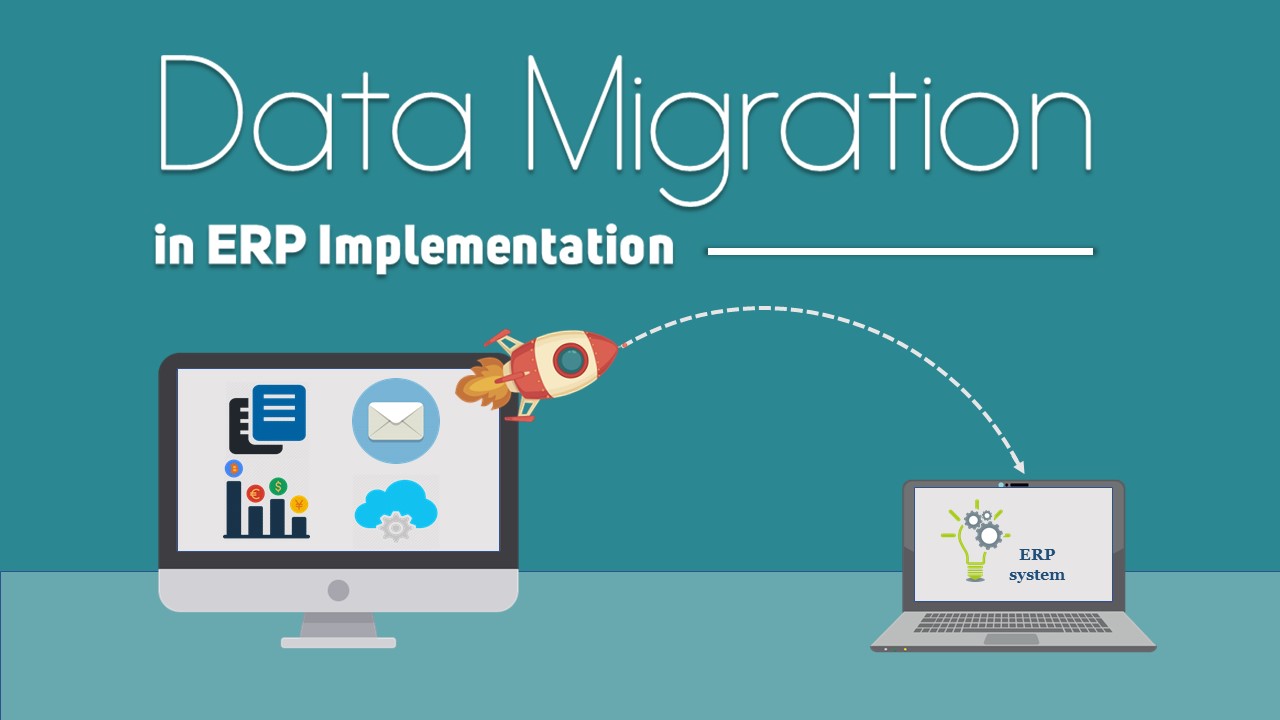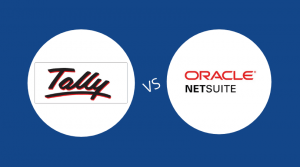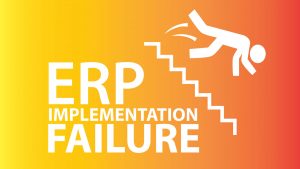Moving data from one system to another is known as Data Migration. It is a critical and challenging phase in ERP deployment. Implementing an ERP system enables a company to better assess its performance and prospects. This clear, accurate, and consistent data is critical.
Data migration is necessary because data in the modern ERP software must be accurate, consistent, and complete, which is critical for various people who rely entirely on historical data.
Steps for Building an ERP Data Migration Plan
- Create a Migration Team:
A competent team is required to determine which data has to be transferred and how to clean it up. The steering committee includes a data migration team, consisting of a lead role person from each group who provides insight into how data is used by their respective groups.
- Analyze and Map the Data:
Examine each source system’s data for inconsistency and redundancy. The migration team is responsible for fixing these issues before importing data into the ERP system. You must map the data to the ERP database during this deployment so that automated instruments can bring in the information.
- Decide What to Migrate:
Older systems hold much information, such as clients who have not yet ordered, suppliers who have gone out of business, and historical data from previous transactions. Because this information is no longer required. Depending on your data policy, it can be saved offline or in a different system.
- Migrate, Validate and Test:
The most recent ERP software has a set of tools that automate data import operations. However, data may be rationalized and occasionally converted into a format that ERP can comprehend. Before premiering, validate all business groups’ and ERP application’s relocated facts.
A Few Challenges Affecting ERP Data Migration
- Data Redundancy and Integrity:
Although more than one department has a clone of their customer information or product details, this does not imply that their data is identical. Every department is free to organize data in its way.
- Data Migration Cost:
A methodical strategy for data transfer is required for successful data migration. This involves data extraction, cleaning, and restructuring. Even when replacing a legacy ERP system with a new one, the cost of data resettling might add 10-15% to a new system.
- Stakeholder Support:
Before moving data, obtain approval from high-level authorities to avoid internal disagreements. As a result, management support is required to ensure that all imported data produces single and consistent data.
- Regulatory Issues:
Variations in regional and industry-specific policies and standards impact the firm’s data management. When migrating data, be sure you follow all of the norms and regulations.
Good Practices for ERP Data Migration
- Prioritize Data Migration:
Establish a procedure for extracting and purifying data from the source system once the operations start. Try to begin on time and allocate the necessary resources before becoming bottlenecked.
- Consider Other Business Uses of the Data:
An ERP deployment gives a better knowledge of business operations by reviewing its data in real-time. A thorough review of existing data, developing a concept for how it will be utilized inside an ERP system, and mapping the structure of the ERP database are some of the things to consider.
- Assign Data Governance Responsibility:
Improve the definition of your team’s roles and duties, as well as who has access to which data. A preferable approach is to appoint someone solely responsible for asserting any processes that affect your firm.
- Be Selective with Data:
Although data is the system’s spine, this does not imply that all data is required. Don’t try to import every piece of information from the old ERP system into the new one. Instead of evaluating the entire ERP migrated system, start with a subset of your moved data.
We’ve Got Answers For Your Questions
Looking to migrate ERP data? Get in touch with us for experienced ERP Consulting or Development Services tailored to your company’s requirements.
Related Links
ERP Project Management
Business Process mapping
Small Business ERP
ERP Consulting



